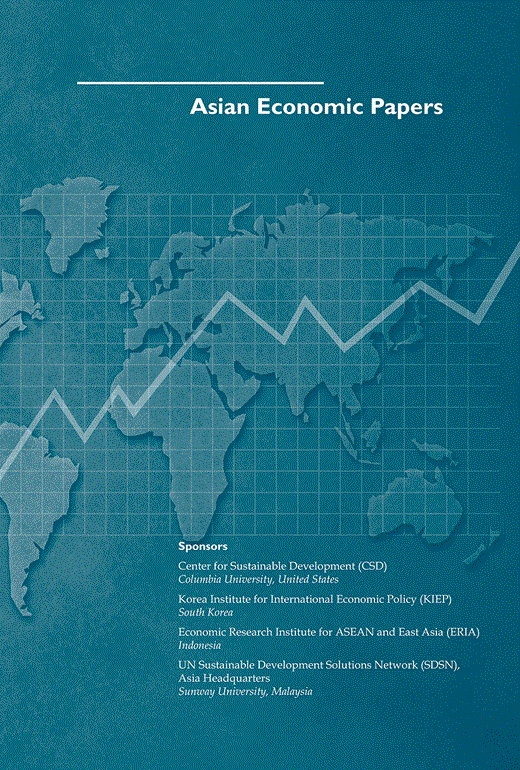Change from the COVID-19 Pandemic to a New Normal: Documenting Consumption Behavior of Two Years with Big Data
IF 5.3
3区 经济学
Q1 ECONOMICS
引用次数: 0
Abstract
The COVID-19 pandemic has drastically changed our daily lives in terms of eating, learning, working, and leisure time. So far, Japan has experienced eight waves of widespread infection and three emergency declarations but has coped with the crisis without mandatory lockdowns, behavioral restrictions, and mandatory mask-wearing that were seen in other countries. The response has mainly been an encouragement of behavioral changes in our daily lives. In this paper, we observe through “consumption big data” the initial disruption, the adaptation period, and the change to a new normal. We use point of sale (POS) data from supermarkets, convenience stores, home centers, drugstores, and consumer electronics mass merchandisers, as well as data from household bookkeeping applications, for the two years from January 2020 to December 2021. The POS data was used to observe item-level sales trends, while the household bookkeeping application data was used to observe trends in service expenditures and the prevalence of cashless payments. This made it possible to comprehensively understand the changes in consumer behavior during the pandemic.从 COVID-19 大流行到新常态的变化:用大数据记录两年的消费行为
COVID-19 大流行极大地改变了我们的日常生活,包括饮食、学习、工作和休闲时间。迄今为止,日本已经历了 8 次大范围感染浪潮和 3 次紧急状态声明,但日本并没有像其他国家那样采取强制封锁、行为限制和强制佩戴口罩等措施来应对危机。应对措施主要是鼓励我们在日常生活中改变行为。在本文中,我们通过 "消费大数据 "来观察最初的混乱、适应期以及向新常态的转变。我们使用了超市、便利店、家居中心、药店和消费电子量贩店的销售点(POS)数据,以及从 2020 年 1 月到 2021 年 12 月这两年的家庭记账应用数据。POS 数据用于观察商品层面的销售趋势,而家庭记账应用程序数据则用于观察服务支出的趋势和无现金支付的普及率。这样就可以全面了解大流行期间消费者行为的变化。
本文章由计算机程序翻译,如有差异,请以英文原文为准。
求助全文
约1分钟内获得全文
求助全文
来源期刊

Asian Economic Papers
ECONOMICS-
CiteScore
7.50
自引率
0.00%
发文量
16
期刊介绍:
The journal Asian Economic Papers (AEP) is supported by several prominent institutions, including the Center for Sustainable Development at Columbia University in the United States. This shows that there is a strong emphasis on sustainable development within the journal's scope. Additionally, the Korea Institute for International Economic Policy in South Korea, the UN Sustainable Development Solutions Network (SDSN) in Malaysia, and the Economic Research Institute for ASEAN and East Asia in Indonesia also sponsor AEP. The articles published in AEP focus on conducting thorough and rigorous analyses of significant economic issues pertaining to specific Asian economies or the broader Asian region. The aim is to gain a deeper understanding of these issues and provide innovative solutions. By offering creative solutions to economic challenges, AEP contributes to the discourse and policymaking that impact the Asian economies and region as a whole.
 求助内容:
求助内容: 应助结果提醒方式:
应助结果提醒方式:


